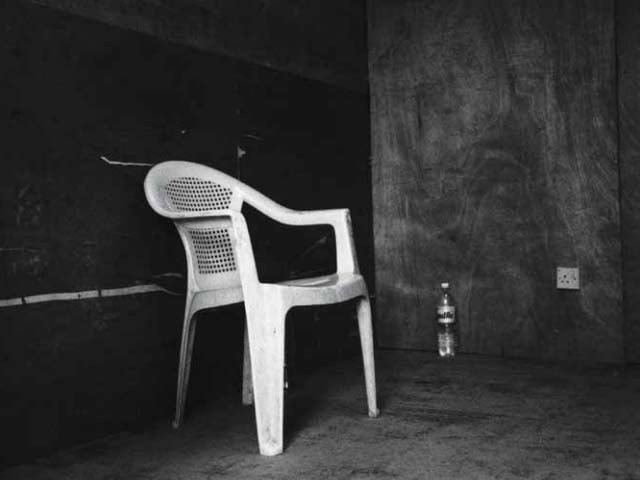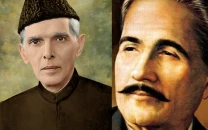Fighting impunity: Activists speak out against use of torture in investigations
Speakers say LEAs are using second and third degrees of torture to extract evidence, break detainee into confession.

The UN’s International Day in Support of Victims of Torture was observed on Thursday at a seminar organised by the Human Development Organization (HDO), which works for the prevention of torture in Hazara division.
The seminar titled ‘Fighting impunity: Detention in line with national and international laws and common practices’ was attended by lawyers, members of academia, human rights activists, journalists, doctors and parliamentarians.
Speakers on the occasion said due to a lack of scientific methods, law enforcement agencies are using second and third degrees of torture to extract evidence or break a detainee into confession.
“Such barbaric methods have failed to control the crime ratio in our society and are instead contributing to it further, along with causing relapses into crime and poverty,” said HDO Programme Manager Adeel Ahmed.
Advocate Yasir Shabir said although Pakistan ratified the UN Convention against Torture (UNCAT) in June 2010 and is bound to criminalise torture, it has not yet honoured its commitment. Quoting different legal sections from the Criminal Procedure Code, Shabir said coercive methods, torture and inducement are discouraged. “When the law instructs an investigation officer to avoid using personal vendetta against an accused and taking the role of a judge, they must not use evidence elicited from torture,” said Shabir.
Former general secretary High Court Bar Association and senior lawyer Javed Qureshi said in order to end the impunity with which law enforcement agencies function, members of civil society, the state and key stakeholders of the criminal justice system need to merge their efforts.
Published in The Express Tribune, June 27th, 2014.



















COMMENTS
Comments are moderated and generally will be posted if they are on-topic and not abusive.
For more information, please see our Comments FAQ